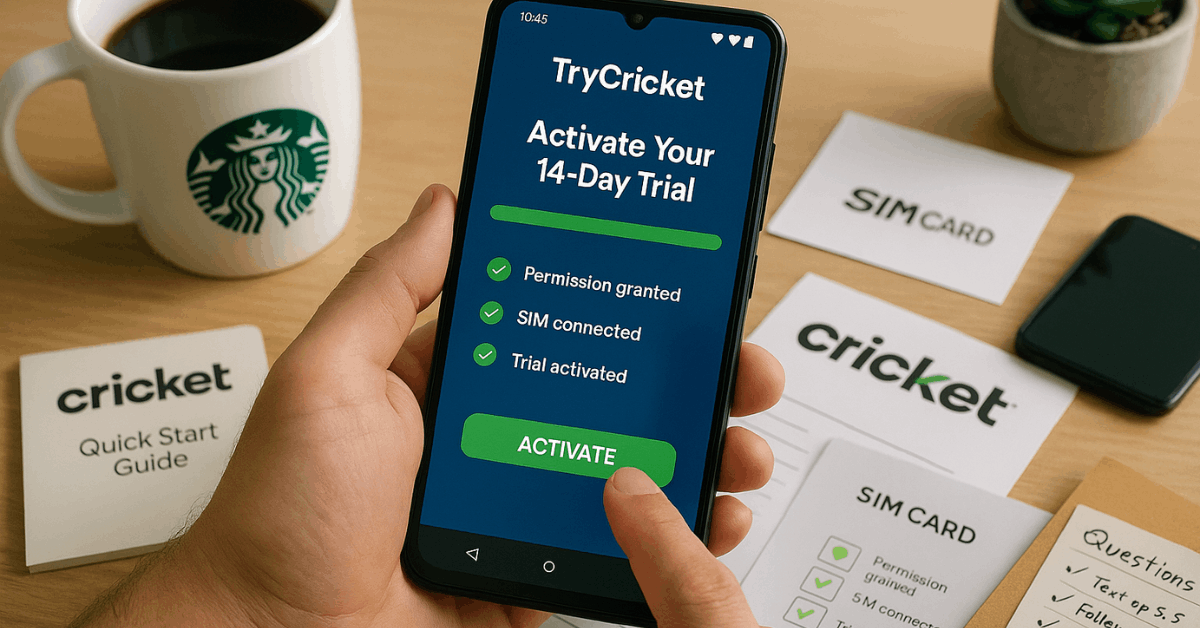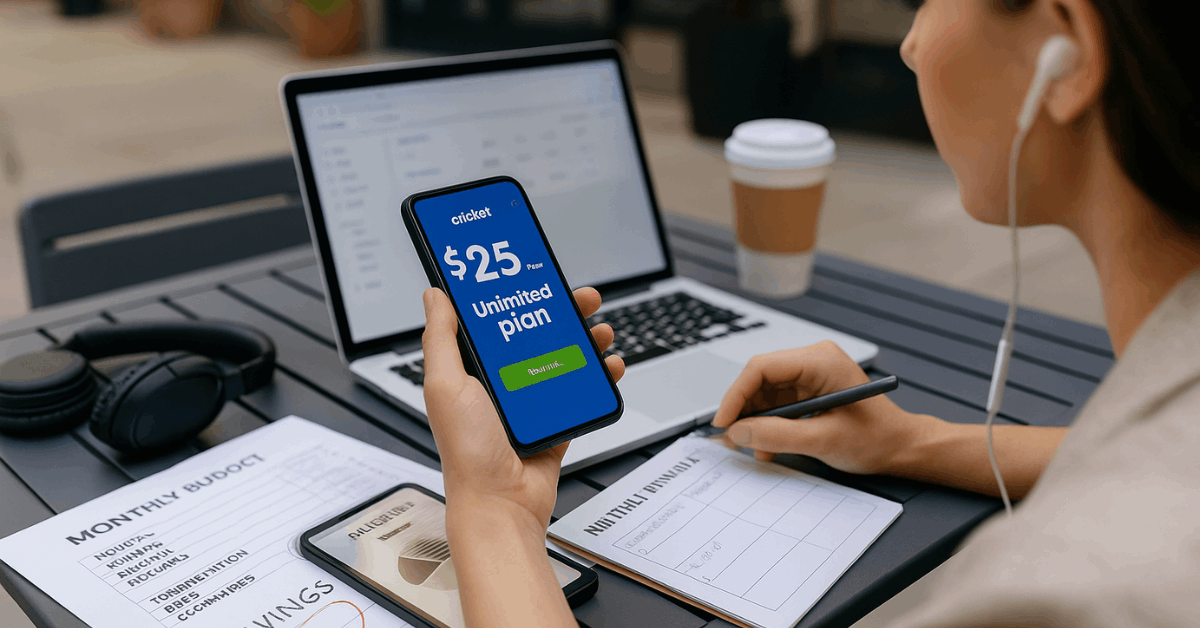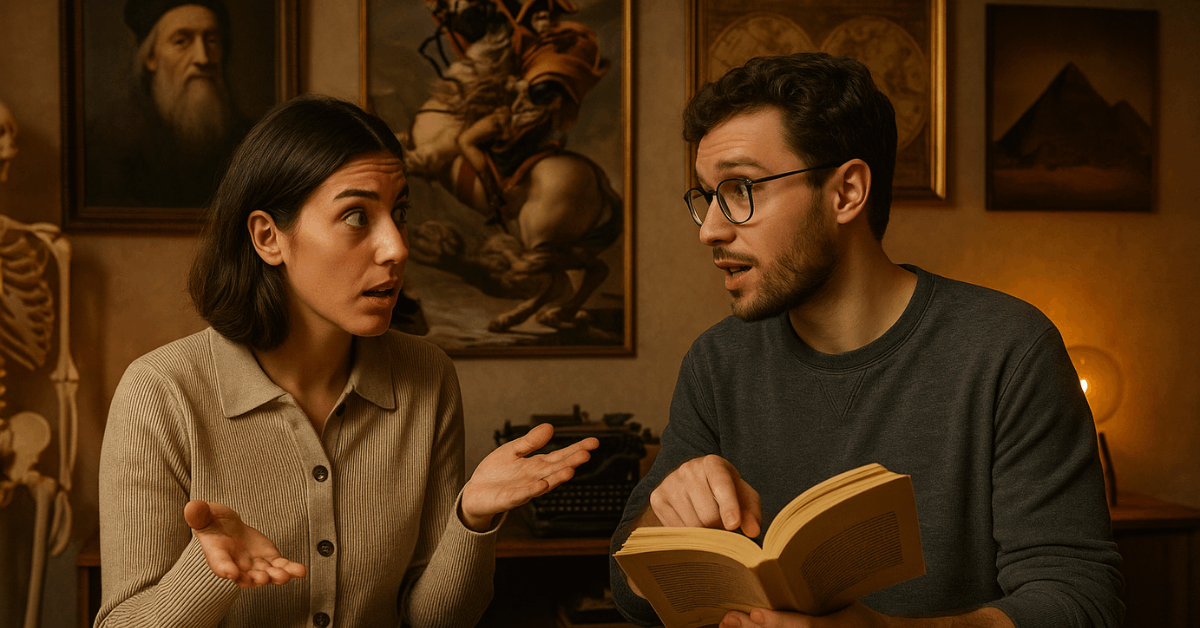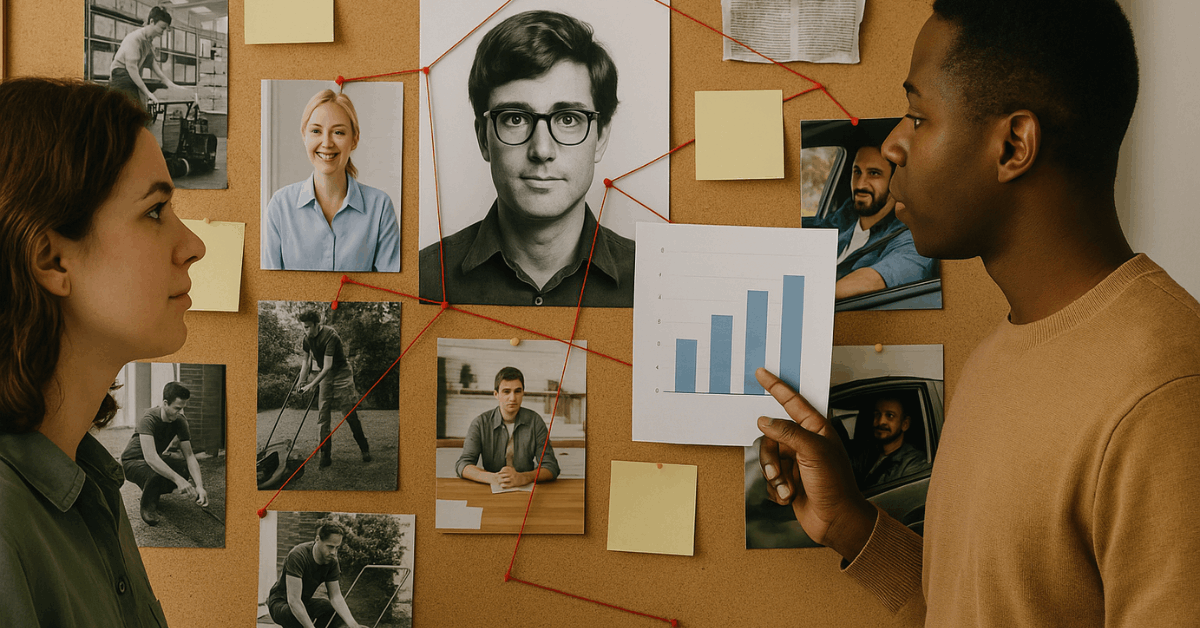HSBC Credit Card – Learn How to Apply
The HSBC Credit Card is designed to cater to a range of financial goals, from everyday spending to international travel. With its flexible benefits and robust security features, it’s a popular choice among many users. This guide explains how to apply for an HSBC Credit Card, including the requirements, steps, and valuable tips. What You …










